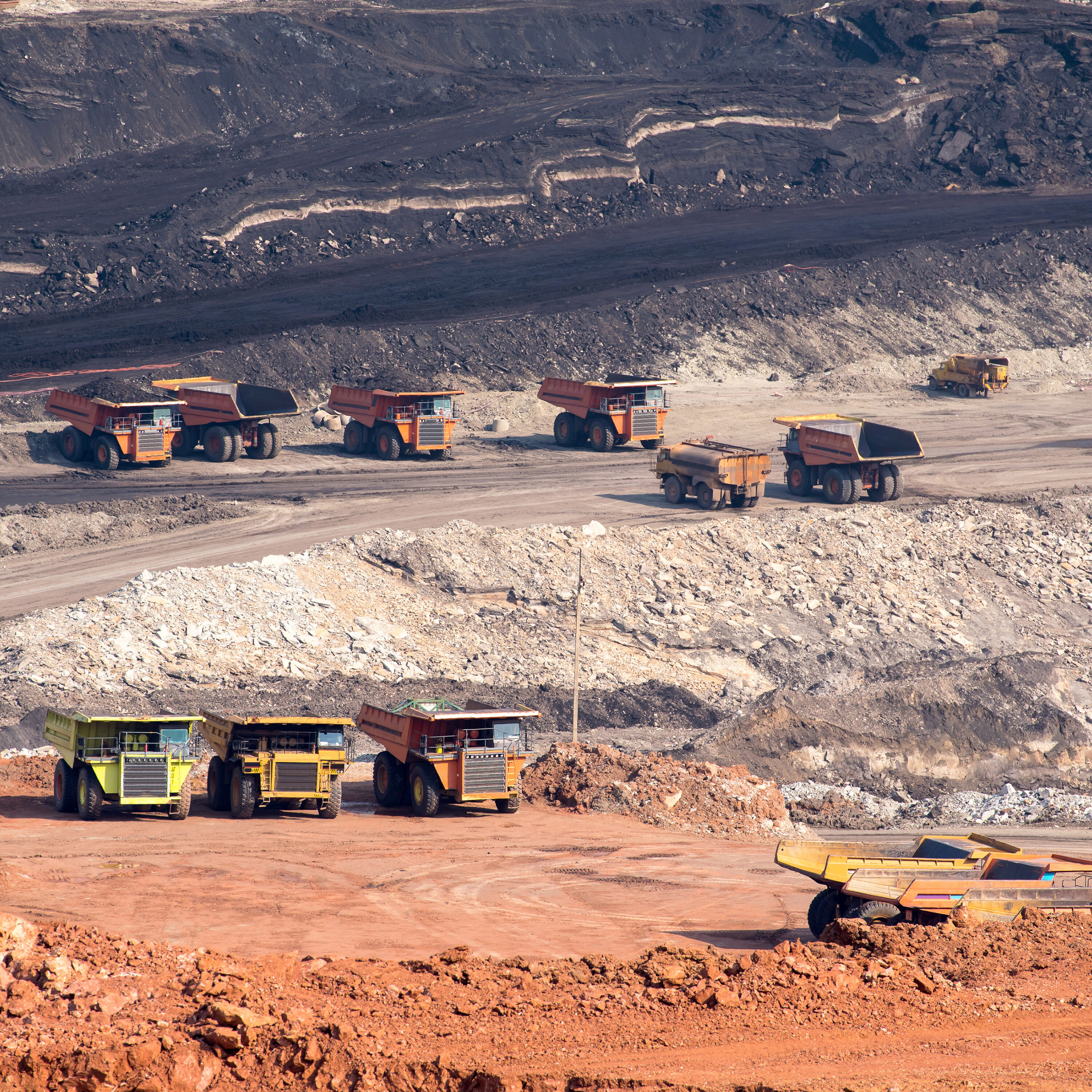Fossil Fuels and Subsidies
Keeping global warming within relatively safe limits requires rapidly reducing dependence on fossil fuels in the short to medium-term. The pace and scale of the necessary transition poses significant challenges and opportunities to a range of corporate and government actors that have built an energy system reliant on fossil fuels. We work with media and civil society partners documenting where and how various actors in the fossil fuel supply chain are responding to efforts to shift the global economy away from a reliance on fossil fuels.
In particular, we are focussed on the role of public finance in attracting private investment for fossil fuel projects, the emergence of technical solutions to the emissions resulting from fossil fuel combustion such as carbon capture and storage, and the ways in which elements of the fossil fuel industry seek to shape climate policy to reflect their commercial interests.
Public Subsidies for fossil fuels
Despite the urgent need to decarbonise the global energy and transport system, G20 governments and Multilateral Development Banks (MDBs) provided at least $55bn dollars in financial support to oil, gas and coal projects between 2019 and 2021. ARIA has been investigating projects that have received financial support from MDBs, Development Finance Institutions and Export Credit Agencies to understand the impact this financing has had on economies, communities, governance and the environment.
Carbon Capture
Our work also explores the role of Carbon Capture and Storage (CCS) as a climate solution. While CCS is forecast to play a significant role in meeting climate targets, most existing large-scale CCS projects are linked to fossil fuel extraction and processing and have had limited climate benefits. Today the regulatory and policy framework governing CCS is evolving quickly in several important jurisdictions. We work with journalists, policymakers and civil society actors to keep pace with the changing regulatory and funding environment for CCS, to help partners to assess the cost and technical effectiveness of dependence on CCS as a route to decarbonisation.
Influence of the fossil fuel industry
Shifting the global economy away from a dependence on fossil fuels entails an unprecedented effort to formulate policy that incentivises this shift. From the global climate talks of the UNFCCC down to local authorities considering applications for new development in light of decarbonisation targets, actors in the fossil industry and those dependent on fossil fuels are engaged as stakeholders seeking to preserve their corporate reputation and secure a regulatory environment in which they can prosper. These actors use a complex array of approaches, including funding scientific research, working with think tanks, lobbying politicians, and commissioning public affairs agencies. ARIA works to build up the understanding of the mechanics of these approaches amongst civil society, journalists and policy makers.

